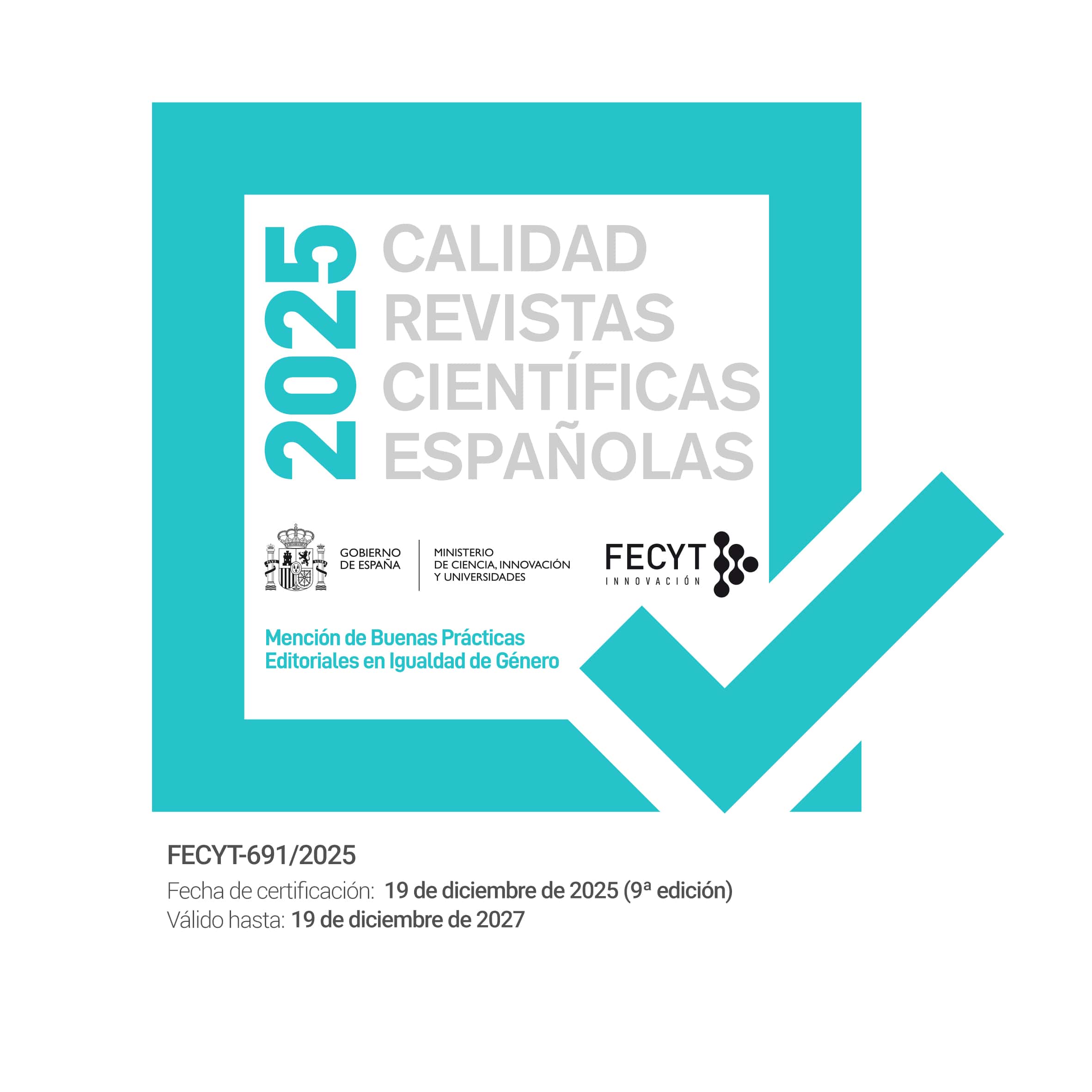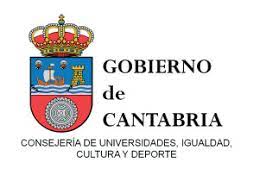The turn of the novel in Spain: from realism to modernism in the Spanish narrative
DOI:
https://doi.org/10.55422/bbmp.421Keywords:
Finisecular narrative, Realism, Naturalism, Determinis, Imagination, Critical-theoretical comments, Novelesque praxis, Galdós, Ganivet, BarojaAbstract
The present article defends the view that the change of direction of Spanish fictional narrative associated with the appearance of radically different novels in 1902 needs to be put back to the preceding decade. This change of direction in the 1890s is indicated by the critical observations of older writers, notably Galdós, and younger ones, such as Unamuno and Baroja. The scientific pretensions of Naturalism were severely criticised both in Spain and Europe, while simultaneously Realist praxis was undergoing a subtle change which highlighted the role of the imagination and played down the representation of the external world.
Downloads
Publication Facts
Reviewer profiles N/A
Author statements
Indexed in
- Academic society
- Sociedad Menéndez Pelayo
- Publisher
- Sociedad Menéndez Pelayo
Global Statistics ℹ️
|
252
Views
|
166
Downloads
|
|
418
Total
|
|
References
Alberich, José (1966), Los ingleses y otros temas de Pío Baroja, Madrid, Alfaguara.
Azorín (1959-1963), Obras completas, 9 tomos, Madrid, Aguilar.
Baroja, Pío (1890), «Silverio Lanza y su editor J.B.A.», reproducido en Urrutia Salaverri, Luis (ed. 1973), Pío Baroja: Hojas sueltas, 2 tomos, Madrid, Editorial Caro Raggio, I, pp. 90-94.
―――(1899a), «Figurines literarios», reproducido en Urrutia Salaverri, Luis (ed. 1973), II, pp. 79-83.
―――(1899b), «Literatura y bellas artes», reproducido en Gullón, Ricardo (ed. 1980), El modernismo visto por los modernistas, Barcelona, Labor-Guadarrama, pp. 75-81.
―――(1946-1951), Obras completas, 8 tomos, Madrid, Biblioteca Nueva.
Botrel, Jean-François (1988), «España, 1880-1890: el naturalismo en situación», en Lissorgues, Yvan (ed. 1988), Realismo y naturalismo en España, Barcelona, Anthropos, pp. 183-197.
Bradbury, Malcolm (1973), Possibilities. Essays on the State of the Novel, Oxford: Oxford University Press.
Bradbury, Malcolm y Macfarlane, James (1976), Modernism, 1890-1930, Harmondsworth, Penguin Books.
Campos Marín, Ricardo (1997), Alcoholismo, medicina y sociedad en España (1876-1923), Madrid, CSIC.
Clarke, Anthony H. (ed. 1999), A Further Range. From Realism to Modernism in Spanish Fiction, Exeter, University of Exeter Press.
Conrad, Joseph (1905), «Henry James: An Appreciation», reproducido en Walter F. Wright (ed. 1964) Joseph Conrad on Fiction, Lincoln, Nebraska, University of Nebraska Press, pp. 86-87.
Daiches, David (1960), The Novel and the Modern World, Chicago and London, University of Chicago Press.
Fernández Cifuentes, Manuel (1982), Teoría y mercado de la novela en España: del 98 a la República, Madrid, Gredos.
Fernández Sánchez-Alarcos, Raúl (1995), La novela modernista de Ángel Ganivet, Granada, Diputación Provincial/Fundación Caja de Granada.
Fernández, Pura (1995), Eduardo López Bago y el Naturalismo radical. La novela y el mercado en el siglo XIX, Amsterdam y Atlanta, Editions Rodopi.
Ganivet, Ángel (1951), Obras completas, 2 tomos, Madrid, Aguilar.
Hardy, Thomas (1891), «The Science of Fiction», reproducido en Allot, Miriam (ed. 1965), Novelists on the Novel, London, Routledge, pp. 73-74.
Hemingway, Maurice (1983), Emilia Pardo Bazán. The Making of a Novelist, Cambridge, Cambridge University Press.
Longares, Manuel (1972), Pío Baroja: Escritos de juventud, Madrid, Cuadernos para el Diálogo
Longhurst, C.A. (1977), Pío Baroja: ‘El mundo es ansí’, Critical Guides to Spanish Texts, London, Grant and Cutler
―――(2003) «Representations of the Fourth Estate in Galdós, Blasco and Baroja», en Round, Nicholas (ed. 2003), New Galdós Studies, Woodbridge, Tamesis.
Mainer, José Carlos (1972), Literatura y pequeña burguesía en España, Madrid, Cuadernos para el Diálogo.
Murphy, Katharine (2004), Re-reading Pío Baroja and English Literature, Bern, Peter Lang. Orringer, Nelson (2002), «Introduction to Hispanic Modernisms», Hispanic Modernisms, Bulletin of Spanish Studies, Vol. LXXIX, N 106 2-3, pp. 133-148. DOI: https://doi.org/10.1080/147538202317344952
Patiño Eirín, Cristina (1997), «La revolución y la novela en Rusia, de Emilia os Pardo Bazán, y Le Roman russe, de Eugène Melchior de Vogüé», en Estudios sobre Emilia Pardo Bazán: In Memoriam Maurice Hemingway, ed. J.M. González Herrán, Santiago de compostela, Consorcio de Santiago, pp. 239-274.
Pattison, Walter T. (1965), El naturalismo español, Madrid, Gredos. Pérez de Ayala, Ramón (1964-1969), Obras completas, 4 tomos, Madrid, Aguilar.
Pérez Galdós, Benito (1897), Discursos leídos ante la Real Academia Española en la recepción pública del Sr. D. Benito Pérez Galdós el domingo 7 de febrero de 1897, Madrid, Est. Tip. de la Viuda e hijos de Tello.
―――(1967), Obras completas, 6 tomos, Madrid, Aguilar.
Sanders, Jeremy (1984), «A Missing Link to the Work of Pío Baroja», Bulletin of Hispanic Studies, Vol. LXI, N° 1, pp. 14-30. DOI: https://doi.org/10.1080/1475382842000361014
Sandison, Alan (1996), Robert Louis Stevenson and the Appearance of Modernism, London, Macmillan. DOI: https://doi.org/10.1057/9780230376397
Santiáñez-Tió, Nil (1994), Ángel Ganivet, escritor modernista, Madrid, Gredos. Unamuno, Miguel de (1966-1971), Obras completas, 9 tomos, Madrid, Escelicer.
Villanueva, Darío (2005), Valle-Inclán, novelista del modernismo, Valencia, Tirant lo Blanc.
Woolf, Virginia (1919), «Modern Fiction», reproducido en Ellman, Richard y Feidelson, Charles (eds. 1965), The Modern Tradition. Backgrounds of Modern Literature, New York, Oxford University Press, pp. 121-126.
Downloads
Published
How to Cite
Issue
Section
License

This work is licensed under a Creative Commons Attribution-NonCommercial 4.0 International License.








